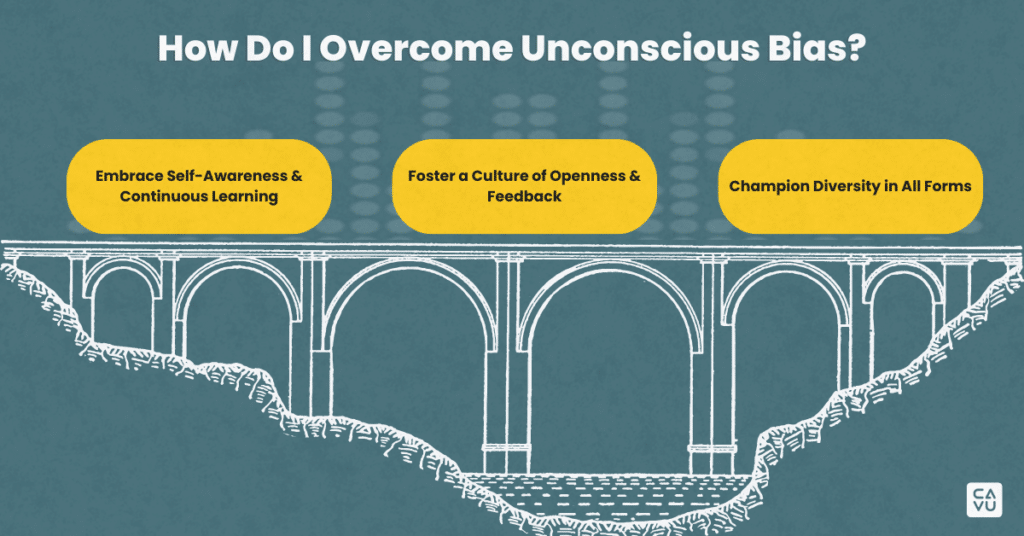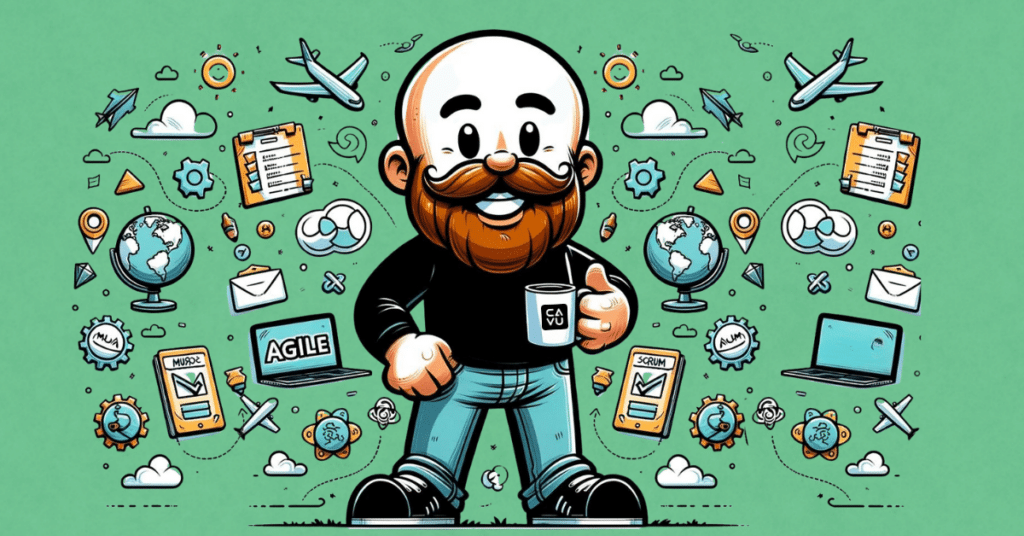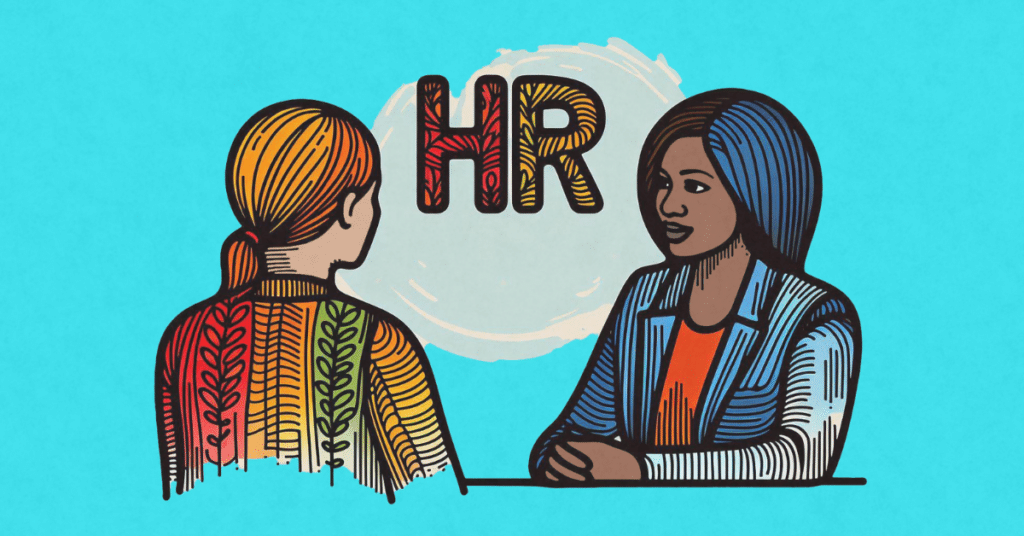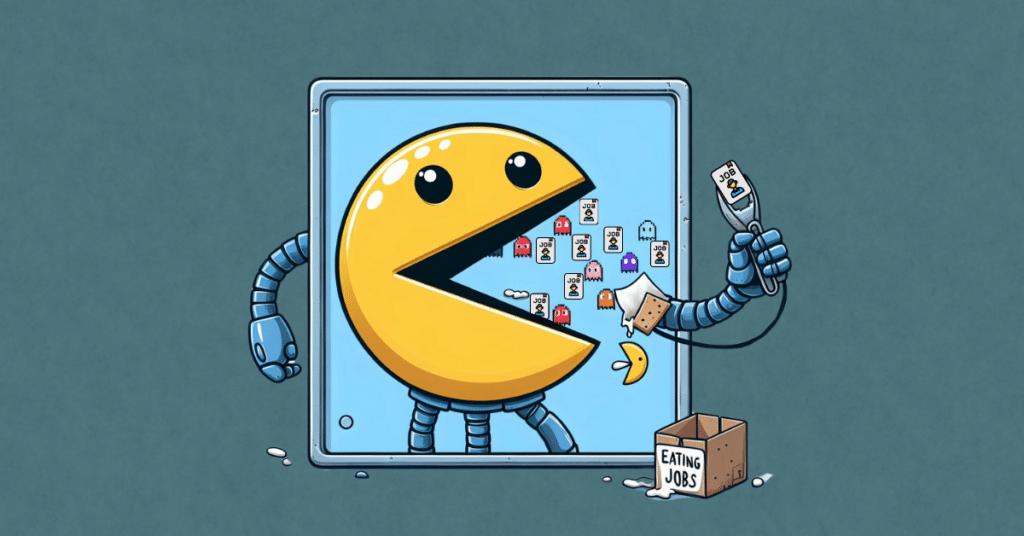My career journey in Agile has been both challenging and profoundly rewarding.
A few things about me: I started my career in fashion and entertainment. While both industries are exciting, the idea of being “seen and not heard” was preferred. I got used to looking down, keeping quiet, and shrinking. Years later, my career path brought me to discover the power of Agility and through that, I found my voice and a passion for creating spaces for inclusivity and belonging.
My transition from fashion to Agile was unexpected. I joined the team at Rally Software in a role far removed from the Agile coaching and Scrum Mastery that would define my career. Yet, it was here, in an environment diametrically opposed to my previous experiences, that I first encountered the transformative power of being asked, “What do you think?”
This simple question marked the beginning of a new chapter in my life, one where my ideas mattered and where I could empower others to see the greatness within themselves.
The Power of Empowerment
My personal passion for empowering others is now a professional privilege. My role as Director of Learning Solutions at CareerWise USA, has shifted my focus to empowering youth, especially those at the very start of their work journey.
It’s a role that brings me immense joy, as I introduce them to Agility—a concept that, to me, is not just a methodology but a way of life. It’s about fostering environments where individuals are seen, heard, and valued for their contributions.
Working with young people, many of whom are just beginning to understand what work can be, has highlighted the importance of Agility beyond the confines of software development. Agile principles, particularly those centered around collaboration, transparency, and continuous improvement, resonate deeply with the ethos of inclusivity and empowerment.
Overcoming Unconscious Bias

I was raised to advocate for inclusivity. My grandfather, Henry J. Kirksey, was a political leader and State Senator in Mississippi during the Civil Rights Era. He is, to this day, described as a courageous and outspoken leader and activist.
His philosophy of life was to open doors of opportunity and prop it open (actually, break it down) for others to walk through.
I carry this philosophy with me as I advocate for spaces of inclusivity and also opportunities for upskilling so that there is a sense of belonging within said spaces.
Embrace Self-Awareness and Continuous Learning
Initiate your journey by immersing yourself in resources about unconscious bias and diversity. Books, podcasts, and workshops can offer insights into recognizing and combating bias, empowering you with knowledge to advocate for inclusivity.
Regularly reflect on your experiences and feelings regarding bias. Understanding how it affects you can sharpen your ability to recognize it in the workplace, enabling you to address it more effectively.
Foster a Culture of Openness and Feedback
Lead by example in fostering an environment where team members feel safe to express concerns about bias. Advocate for regular team discussions that allow for the sharing of experiences and strategies to mitigate bias.
Push for the implementation of anonymous feedback channels. These can provide a safe space for voicing concerns and suggestions related to unconscious bias, promoting a culture of continuous improvement.
Champion Diversity in All Forms
Actively participate in or initiate diversity and inclusion initiatives within your organization. Sharing your perspective as a young professional can highlight the importance of diversity and its positive impact on team dynamics and creativity.
Seek out mentorship opportunities and professional networks focused on supporting underrepresented groups in Agile. These connections can offer guidance, support, and a platform for discussing strategies to overcome unconscious bias.
The Path Forward
Looking to the future, I’m inspired by the possibilities that lie ahead. The Agile community is becoming increasingly diverse, with more voices joining the conversation and contributing to a richer, more inclusive narrative. Organizations are slowly but surely recognizing the value of diversity, not just as a checkbox for corporate social responsibility but as a vital component of success in an ever-evolving global market.
My advice to those just starting their Agile journey, particularly black professionals and other underrepresented groups, is to embrace your unique perspectives. Your experiences and insights are invaluable assets that can drive innovation and foster a culture of inclusivity. Seek out allies and mentors who support and uplift you, and don’t be afraid to do the same for others.








